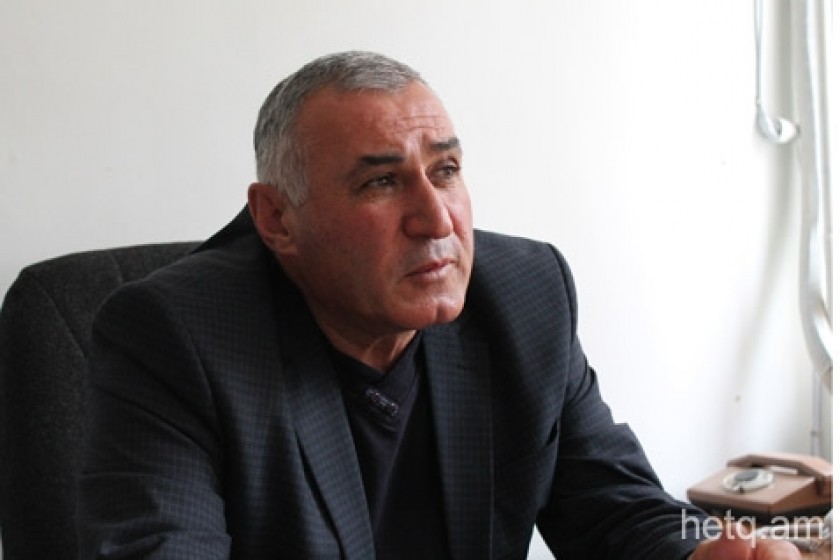
No Iranian Sheep in Syunik: Focus is on Developing Domestic Stocks
In the fall of 2012, reports began appearing in the Armenian news media about a plan to lease pasture land in the country’s southern Syunik Province to Iran for sheep grazing.
Under the plan, as reported by the IRNA (Islamic Republic News Agency) some 50,000 head of sheep from Iran would be brought to Syunik. In exchange, Iran promised to provide technical equipment and establish a meat processing plant in Armenia.
Many in Armenia, especially environmentalists, were aghast when the read the news. Opponents, noting that the Iranian shepherds would be coming from the country’s East Azerbaijan Province, labeled the plan an environmental as well as national security threat to Armenia.
It was revealed that the plan was hatched in Yerevan in October 2012 at a joint inter-governmental Armenia – Iran meeting to discuss economic matters of mutual interest. Iran had proposed that enterprises breeding small livestock animals and slaughterhouses be set up in Armenia. The government in Yerevan agreed and a memorandum of understanding was signed.
In January 2013, a delegation from the Syunik Provincial Government left for Iran and an agreement was signed with their East Azerbaijan counterparts. Accordingly, Syunik would lease a minimum of 50,000 hectares of pasture to the Iranians for 5-10 years at $25 a hectare.
Samvel Tangyan, head of the Department of Agriculture and Environment at the Syunik Provincial Government who signed the agreement, told Hetq at the time that the document was merely a transcript listing the points agreed to by the parties.
Armenia’s Ministry of Agriculture ten expressed its opposition to this cooperative agreement and proposed that the land be used to increase local livestock numbers.
Gradually, talk regarding bringing Iranian sheep to Armenia died down.
Samvel Tangyan told Hetq that ultimately it would be up to local communities in Syunik to decide whether they wanted to allocate land or not. But this didn’t even come up because the Iranians had lost interest in the plan and failed to pursue it.
Tangyan says that there was no follow up by both sides and the plan was forgotten.
The official ruled out the possibility that a new agreement with Iran might be reached since, as he put it, the Syunik Provincial Government only wants to develop local sheep raising.
This raises the question as to why Syunik officials didn’t pursue the matter back then. Tangyan could only respond that the final decision is up to those communities that own the pastureland.
Tangyan added that a slaughterhouse began to operate in the Syunik village community where residents could bring their sheep for processing and receive 850 AMD per kilo. The meat is then exported to Iran.
He said that in Syunik Province today there are 114,000 head of sheep, an increase of 14,000 over last year, and that the trend portends future growth.
 Videos
Videos Photos
Photos




Write a comment